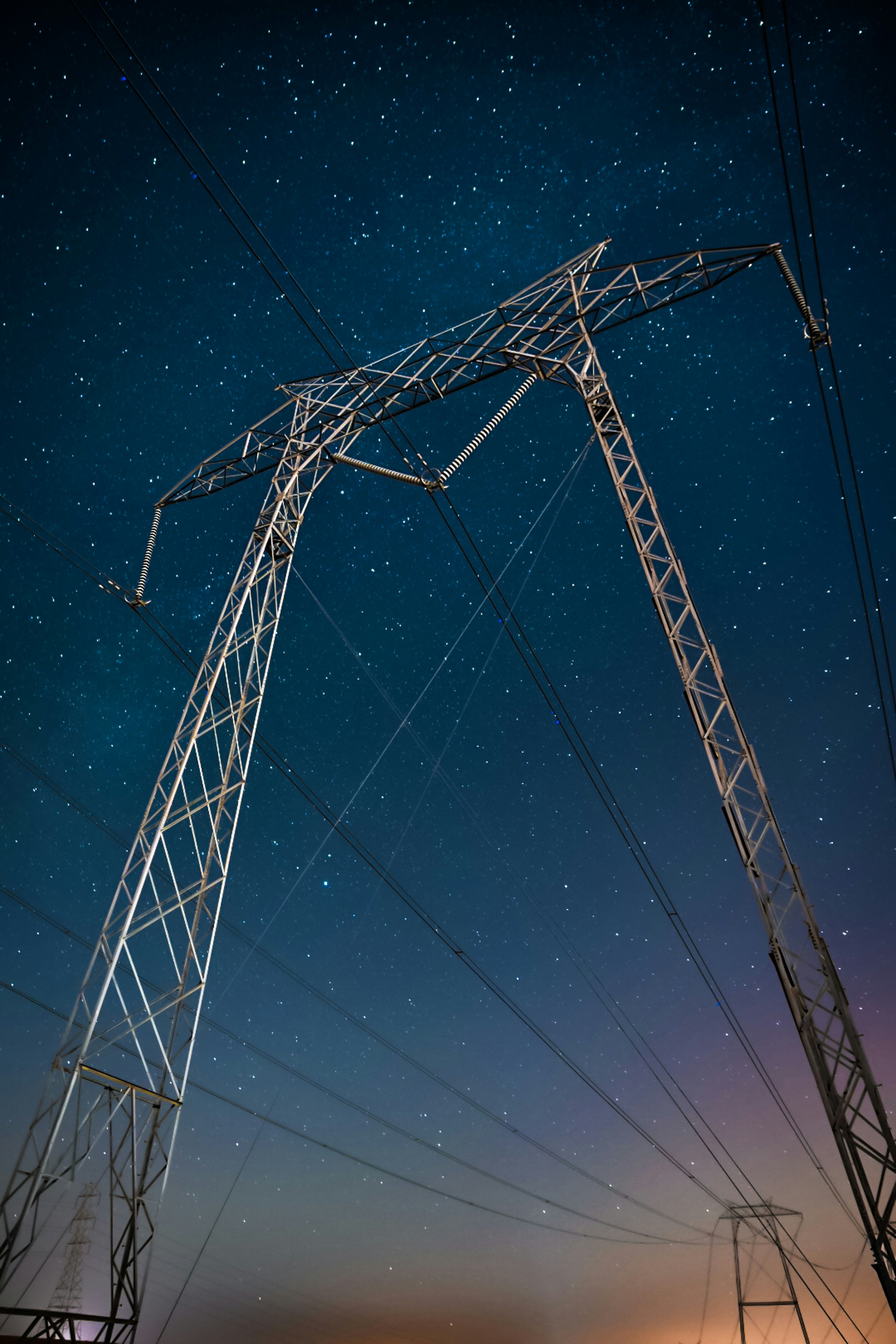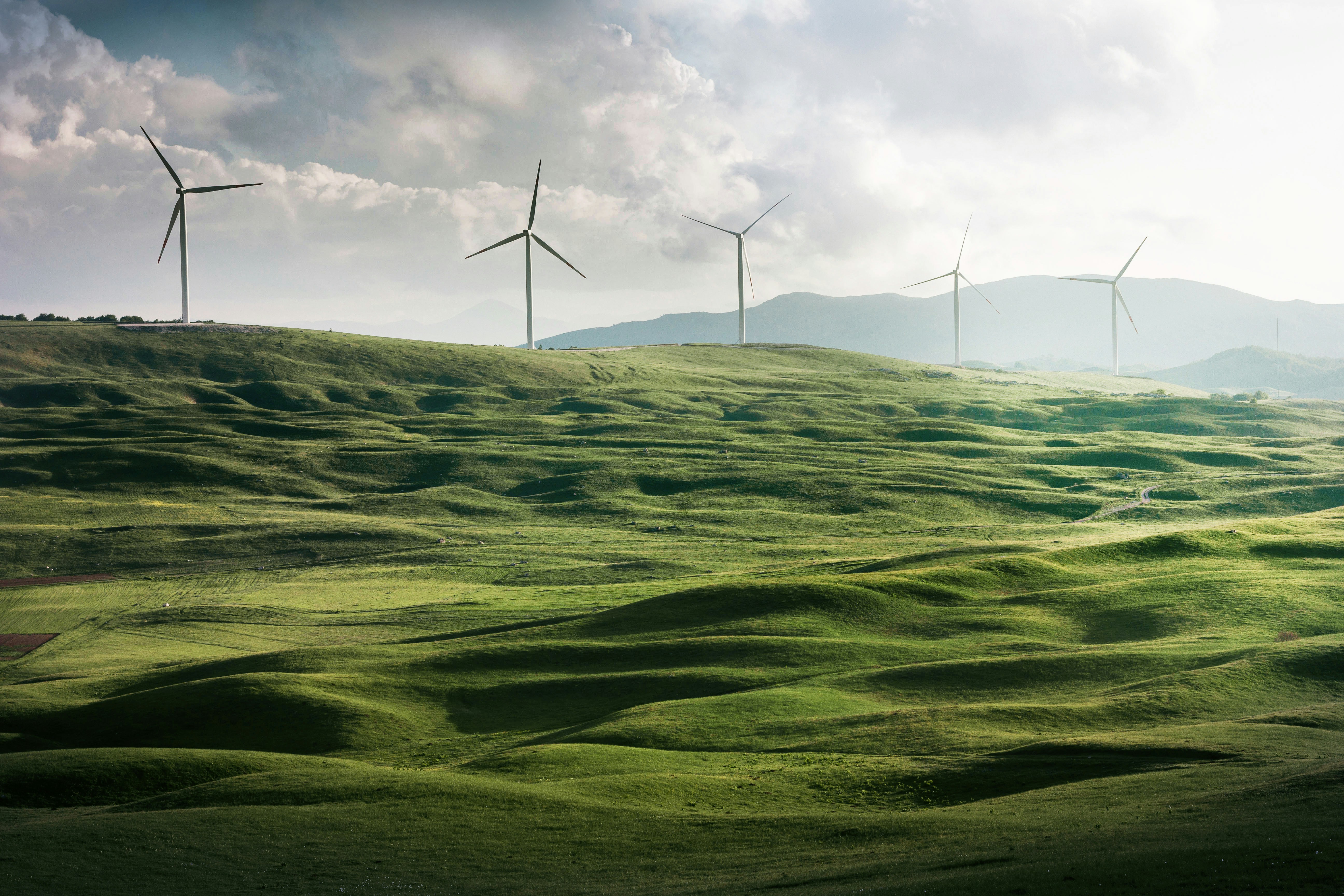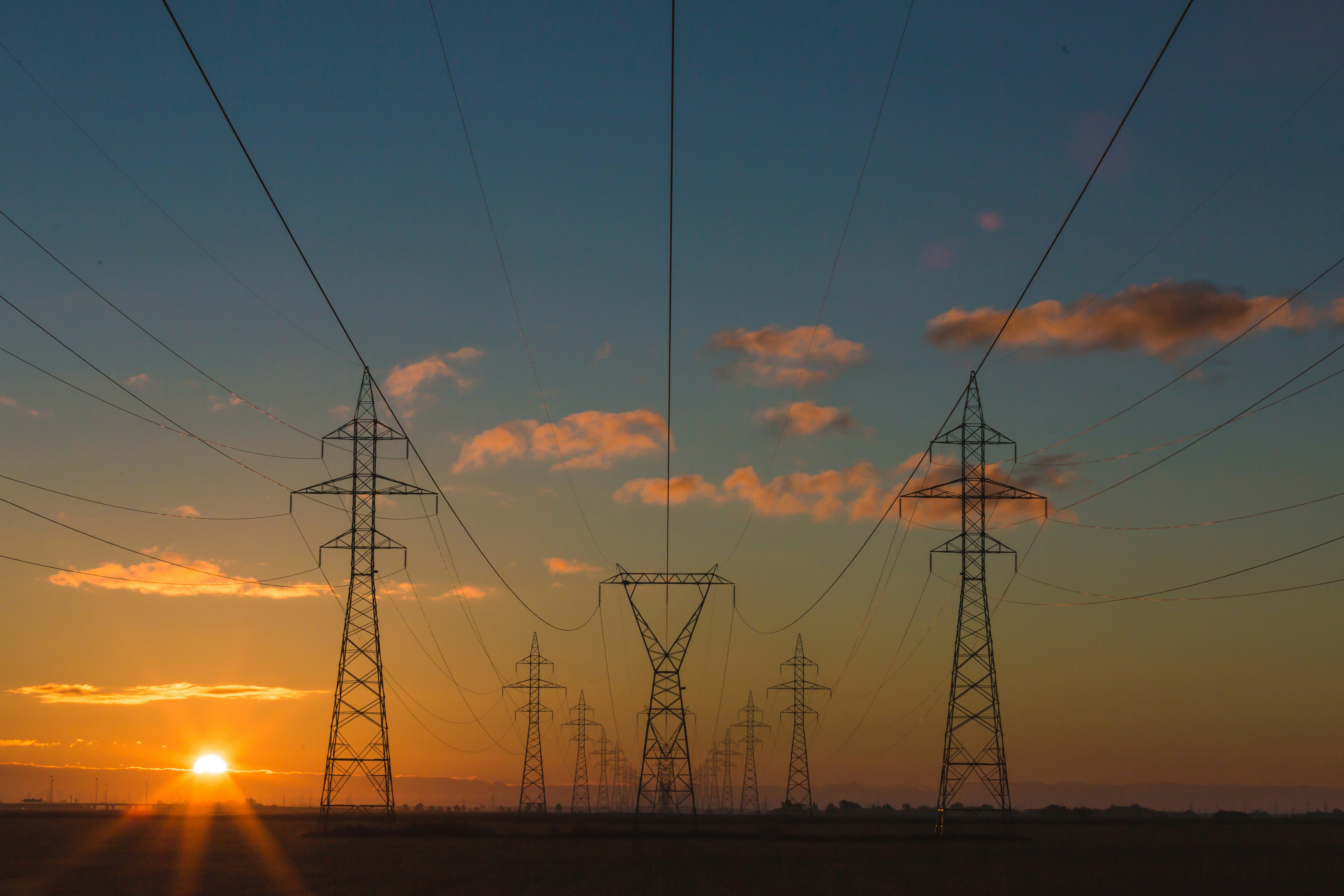“Understanding How Weather Can Impact Your Electricity Bill” invites you on an enlightening journey, explaining the unseen correlations and intricate dynamics of weather conditions and your electricity consumption. In this engaging article, you’ll unravel how shifts in weather patterns, like the chill of winter or the sweltering heat of summer, can heavily influence your electricity bill. Using straightforward language and simple concepts, it dispels the mystery, giving you a clearer comprehension of why your bill may fluctuate and providing you practical tips to manage and reduce your electricity costs effectively. Get ready to become weather-wise and pocket-wise simultaneously.
Understanding Weather and Energy Usage
You may not have thought much about the relationship between the weather and your energy usage, but there’s quite a significant correlation. It’s interesting to note that weather impacts how much electricity you use in your everyday life, especially in your home. Throughout your daily activities, whether you’re cooking, washing, cooling, or heating your home, you’re using energy in some form. The amount of energy you consume is directly linked to the weather conditions outside.
The correlation between weather and energy
The connection between the weather and your energy usage is essentially about temperature, humidity, and light conditions. During certain weather conditions like heatwaves or cold snaps, you see an increase in your energy usage. This is because your heaters or air conditioners work harder to maintain comfortable temperatures inside. Similarly, darker days prompt the use of more artificial light, and periods of high humidity can also cause your appliances to work harder.
How extreme weather conditions can increase energy usage
Extreme weather, both hot and cold temperatures, can considerably increase your energy consumption. For instance, during a heatwave, air conditioning units need to run longer and work harder to keep your home cool. Similarly, in extremely cold winters, heaters and boilers are kept on continually to keep your home warm and cozy. This increased energy usage can lead to a rise in your electricity bills.
Variation of energy usage across different seasons
Energy usage can vary greatly depending on the season. It’s quite common to notice that monthly energy usage is highest in winter and summer months when heating and air conditioning usage is on the rise. Conversely, during spring and fall, when the weather is moderate, one typically uses less energy. Understanding these patterns can help you predict your energy needs and plan accordingly.
Impact of Cold Weather on Electricity Bills
Cold weather tends to push up your electricity bills primarily due to the need for indoor heating. Whether it’s turning on central heating or using standalone heaters, the need for warmth exerts continuous stress on your power usage.
Use of heaters and thermostats in winter
When the temperatures outside dip, the use of heaters and thermostats inside increases. These appliances suck up a considerable amount of power. So, if they’re running continuously, your electric bill is bound to go up. Having a good thermostat management strategy can help you optimize your energy usage and lower your bills.
Need for hot water and effect on heating costs
The requirement for hot water increases during colder months for showers, washing dishes, and laundry. Water heaters add an extra load to your electricity usage, therefore, pushing your energy bills higher. Regular maintenance of your water heater can help it run more efficiently and save you some money.
How insulation affects heating needs
Proper insulation of your home plays an essential role in managing your heating costs during winter. A well-insulated home retains heat longer, which reduces your dependency on artificial heating and, consequently, your power consumption. Considering a home energy audit to identify areas of energy leakage can be a practical cost-saving measure.
Impact of Hot Weather on Electricity Bills
Just like the bitter cold, hot weather can also have a significant impact on your electricity expenses. Both the unrelenting heat outside and the efforts to keep it cool inside conspire to increase your power usage.
Increased use of air conditioning systems
Understandably, when the weather heats up, so does the usage of air-conditioning systems. These appliances can consume a significant amount of energy, leading to a considerable rise in your electricity bill. Adequate usage and regular maintenance of your air conditioning systems can help you manage energy efficiency.
Effect of hot weather on refrigeration and cooling appliances
When it’s hotter outside, your fridge and freezer work harder to keep your food cold. This increased work can make these appliances consume more electricity. Cleaning and defrosting your refrigerator regularly can help it work more efficiently.
Understanding the energy efficiency of your cooling systems
Not all cooling systems are created equal, so the energy efficiency of your systems can greatly impact your electricity bills during hot weather. It’s crucial to check the energy rating of your appliances to ensure that they aren’t causing a significant spike in your power usage.
The Role of Weather in Energy Conservation
Being conscious of how weather can influence energy usage is also fundamental for energy conservation. By paying attention to your local weather forecast, you can anticipate times of high demand and reduce your energy usage where possible.
How weather forecasting can help in energy conservation
Accurate weather forecasting can help you plan ahead for the energy needed in your home. For instance, if a heat wave is predicted, you can pre-cool your home during the cooler morning hours and lessen the usage of air conditioners during peak afternoon heat. Such practices can go a long way in conserving energy and combating climate change.
The importance of adapting to weather changes for efficient energy use
As weather conditions change, it’s essential to adapt our energy usage habits accordingly. For example, during sunny days, consider air-drying your clothes outside instead of using a dryer. On warm days, try using fans instead of air conditioners. These small changes can result in both energy conservation and savings on your electricity bill.
Utilizing natural sunlight to reduce electricity use
Another excellent energy-saving method is to make the best use of natural light. Open your curtains during the day and turn off your lights. Not only does this save electricity, it also helps in reducing artificial light pollution.
Cost Saving Tips for Electricity Bills During Extreme Weather
There are several ways to keep your electricity bills under control even during extreme weather conditions. Here are a few handy tips to maintain energy efficiency and cut down on costs.
Maintaining energy efficient appliances
You can save a significant amount on your electricity bills by using energy-efficient appliances. They might cost you a bit more upfront, but their savings on your monthly bills make them a better investment in the long run. Always look for the energy star label before buying new appliances as it guarantees energy efficiency.
Importance of regular equipment servicing
Having your appliances like heaters, air conditioners, and water heaters serviced regularly can enhance their efficiency. Regular servicing not only extends their life but also ensures they consume only as much energy as necessary to function.
Investing in renewable energy sources
While this may seem like a hefty investment initially, renewable energy sources like solar panels, and wind turbines can help in reducing your overall electricity costs in the long run. They make you more resilient to fluctuating electricity prices and also contribute to a sustainable future.
How Weatherization can Assist in Reducing Electricity Bills
Weatherization is a process that makes your home more energy efficient, comfortable, and safe by protecting it from the elements. Depending on your geographical location, it might involve insulating your home to prevent heat loss, or installing a radiant barrier to keep it cool.
Understanding the concept of home weatherization
Weatherization involves a series of energy-efficiency measures designed to make your home more comfortable and lower heating and cooling costs. This includes sealing drafts, insulating your home better, and even enhancing ventilation to improve air quality.
Weatherization measures to take to reduce electricity costs
A few simple weatherization measures you can take include sealing air leaks, adding insulation, improving ventilation, installing energy-efficient windows, and using programmable thermostats. These measures reduce air infiltration and heat loss, making your home more energy-efficient and lowering your heating and cooling costs.
The role of government in weatherization programs
Federal and state governments often offer grants and incentives to encourage homeowners to undertake weatherization upgrades. By participating in such programs, homeowners can improve comfort, lower their utility bills, and reduce their carbon footprint at the same time.
Effects of Season Change on Electricity Bills
As the season changes, so does your energy needs. It’s essential to understand these fluctuations to manage your electricity bills effectively.
How electricity costs fluctuate with seasons
Your electricity bills can go up or down with seasonal changes. For instance, in the winter, you might have high heating costs, and in the summer you might have high cooling costs. Also, changes in daylight hours can impact your electricity usage, resulting in higher lighting costs in the fall and winter months.
Understanding peak demand times and their impact on electricity bills
Peak demand refers to the time when the most electricity is being used in your area. It usually occurs during extreme weather conditions when everyone’s using heating or cooling appliances. During these periods, electricity can cost more due to the high demand. Shifting your energy usage away from these peak times can help you save on electricity bills.
Benefits of shifting your energy usage pattern with the season
Changing your energy usage pattern in tune with the seasons can help balance your electricity costs. During warmer months, sensible usage of air conditioners, fans and making the best use of natural light can help you cut costs. Similarly, during cooler months, maintaining a more efficient heating system, using energy-efficient lighting, and optimum use of insulation can help manage your electricity bills better.
Impact of Severe Weather Conditions on Electricity Costs
Severe weather conditions such as storms, hurricanes, and heatwaves lead to a spike in electricity demand, potentially straining the electricity grid which in turn might increase the cost of electricity.
Effect of storms and hurricanes on electricity supply and demand
Storms and hurricanes can cause significant damage to the power infrastructure, disrupting electricity supply. The increased demand and reduced supply can escalate electricity prices. In addition, repairing and rebuilding infrastructure are expensive, and these costs might also be passed onto consumers in the form of higher electricity rates.
How electricity infrastructure is affected by severe weather
Severe weather conditions can cause power outages and damage to physical infrastructure, like power lines and electricity generators. Unpredictable weather patterns associated with climate change can increase these incidents, affecting the stability and reliability of electricity supply.
Disruptions in electricity supply leading to higher costs
Frequent disruptions in electricity supply due to severe weather conditions can lead to higher costs — both for the utilities involved and for the end consumers. Replacement parts for damaged infrastructure can be expensive, and utilities may pass these expenses onto consumers in the form of increased rates.
Weather’s Influence on Alternative Energy Sources
Weather plays a significant role in the efficiency of alternative energy sources. Renewables like solar and wind energy heavily rely on weather patterns.
Impact of weather on solar energy production
Solar energy production is directly linked to sunlight levels, so cloudy or rainy weather can reduce the power output. However, most locations receive a predictable amount of sunlight throughout the year, and this can be factored into the planning and installation of solar panels.
Effect of wind patterns on wind energy production
Windy weather can tremendously benefit wind energy production — in fact, the stronger the winds, the more energy is produced by wind turbines. However, if the wind speed becomes exceptionally high, turbines need to be shut down for safety, which can temporarily halt energy production.
How weather conditions affect the efficiency of hydropower
Rainfall is a key factor in the efficiency of hydropower systems. Adequate rainfall fills reservoirs that power the turbines, generating electricity. In contrast, prolonged dry spells can reduce water levels in reservoirs, reducing their capacity to generate power.
Understanding Your Electricity Bill
It is vital to understand your electricity bill to manage and possibly reduce your energy consumption. An electricity bill can seem complicated at first glance, but once you understand the different components, it becomes much easier to comprehend.
Reading and comprehending electricity bill terminologies
Your electricity bills consist of various charges and terminologies that you need to understand. Terms like ‘kilowatt-hours’, ‘off-peak’, ‘standing charge’, and ‘unit rate’ often appear on electricity bills. Understanding these terms can help you monitor your energy usage more effectively.
How to monitor your electricity consumption
Your monthly electricity bill provides valuable insights into your energy consumption patterns. By regularly monitoring your electricity bill, you can gauge how your habits or external factors, like weather changes, are affecting your energy usage.
Reaching out to your utility company for inquiries or concerns
If you have questions about your electricity usage or are unsure about any charges on your bill, don’t hesitate to contact your utility company. Customer service representatives can help explain your bill and may even provide tips on how to reduce your energy usage.



